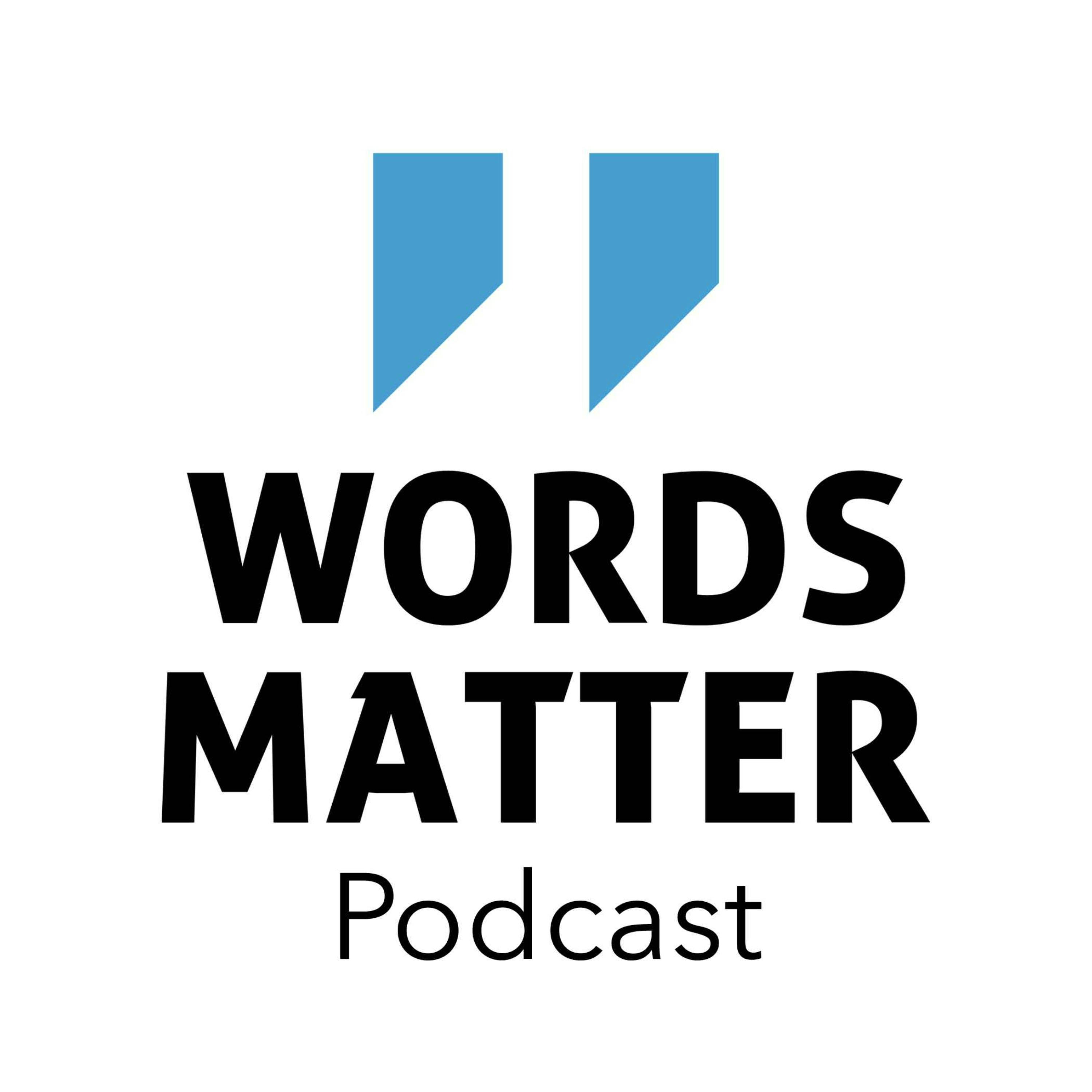"Good Trouble" with John Lewis
Description
John Robert Lewis was a politician, statesman, and civil rights leader who served in the United States House of Representatives for Georgia's 5th congressional district from 1987 until his death in 2020. He was the chairman of the Student Nonviolent Coordinating Committee from 1963 to 1966.
Born near Troy, Alabama, on February 21, 1940, he the third of ten children of Willie Mae and Eddie Lewis.[2][3] His parents were sharecroppers in rural Pike County, Alabama,
As a child in rural Alabama in the 1940s, young John Lewis was disturbed by the evidence that he saw around him of the South’s Jim Crow racial segregation laws. He wanted to know why they existed.
Even as a small child he would ask his mother why black children went to separate schools from white children, why Black people were forced to use separate bathrooms, separate drinking fountains and sit in separate sections in public places.
His mother discouraged his curiosity, by saying, “Don’t get in the way. Don’t get in trouble.” But, as John Lewis often explained later, he went in the other direction – he got in the way. He got into trouble – GOOD TROUBLE as he famously called it.
Inspired by the Reverend Dr. Martin Luther King Jr who he first met at the age of 18, John Lewis was already an established Civil Leader by the age of 21. He had been one of the 13 original Freedom Riders in 1961 and lead the way in desegregating interstate transportation
At 23, John Lewis became the chairman of the Student Nonviolent Coordinating Committee and was one of the "Big Six" leaders of groups who organized the August 1963 March on Washington. He was the youngest person to speak at the Lincoln Memorial on August 28th 1963 – on the same stage that Dr. King delivered his iconic “I have a Dream” Speech.
While he held many important leadership roles in the civil rights movement and the fight to end legalized racial segregation in the United States. the cause John Lewis became most associated with was that of Voting Rights.
In 1965, John Lewis organized some of the voter registration efforts during the Selma voting rights campaign, and became nationally known for his prominent role in the Selma to Montgomery marches.[49]
On March 7, 1965 – a day that would become known as "Bloody Sunday" – Lewis and fellow activist Hosea Williams led over 600 marchers across the Edmund Pettus Bridge in Selma, Alabama.
At the end of the bridge and the city-county boundary, the marchers were met by Alabama State Troopers who ordered them to disperse.
When the marchers stopped to pray, the police discharged tear gas and mounted troopers charged the demonstrators, beating them with nightsticks. Lewis's skull was fractured, but he was aided in escaping across the bridge to Brown Chapel, a church in Selma that served as the movement's headquarters.[50] Lewis bore scars on his head from this incident for the rest of his life.[51]
In March 2015, on the 50th anniversary of Bloody Sunday, President Barack Obama, delivered a speech in Selma and then John Lewis lead the way as President Obama, former President George W. Bush and 40,000 Civil Rights Movement veterans and marched across that very same bridge.
With that – let’s listen to the honorable John Robert Lewis talk about the importance of “good trouble”
Support this show http://supporter.acast.com/words-matter.
See acast.com/privacy for privacy and opt-out information.
Learn more about your ad choices. Visit megaphone.fm/adchoices























